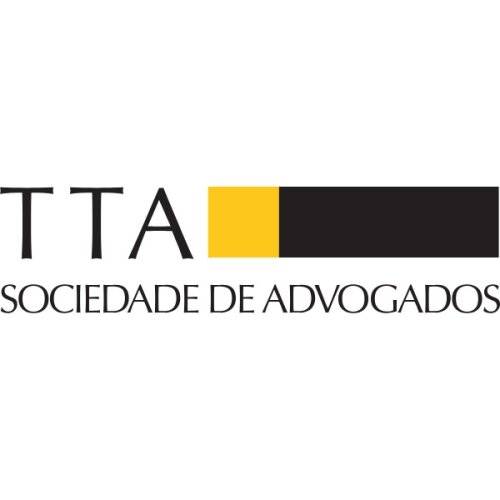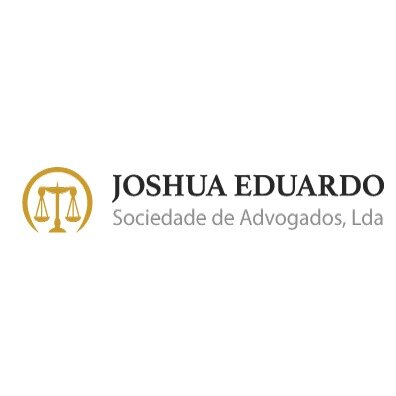Best Trusts Lawyers in Maputo
Share your needs with us, get contacted by law firms.
Free. Takes 2 min.
List of the best lawyers in Maputo, Mozambique
About Trusts Law in Maputo, Mozambique
Trusts are a legal arrangement where one party, known as the trustee, holds and manages assets for the benefit of another party, known as the beneficiary. In Maputo, Mozambique, trusts are increasingly becoming an essential tool for estate planning, wealth management, and charitable activities. The legal framework governing trusts in Mozambique is primarily influenced by Portuguese Civil Law, but it also incorporates elements specific to Mozambican needs and circumstances.
Why You May Need a Lawyer
There are several reasons why you might need a lawyer for matters related to trusts in Maputo, Mozambique. Common situations include:
- Estate Planning: Setting up a trust as part of your estate plan to ensure your assets are managed and distributed according to your wishes after your death.
- Wealth Management: Using a trust to manage and preserve your wealth, especially if you have significant assets or a complex financial situation.
- Charitable Trusts: Creating a trust for charitable purposes to support causes that are important to you.
- Dispute Resolution: Addressing conflicts or disputes related to the administration or beneficiaries of a trust.
- Compliance: Ensuring that the trust complies with local laws and regulations, which can be complex and subject to change.
Local Laws Overview
Understanding the key aspects of local laws related to trusts in Maputo, Mozambique, is crucial for anyone considering establishing or managing a trust. Important points include:
- Legal Basis: Trusts in Mozambique are governed by a combination of Portuguese Civil Law and local regulations.
- Types of Trusts: Common types of trusts include discretionary trusts, fixed trusts, and charitable trusts.
- Trustees: Trustees can be individuals or legal entities, but they must act in the best interests of the beneficiaries and comply with fiduciary duties.
- Registration: Depending on the type of trust, registration with relevant governmental bodies may be required.
- Taxation: Trusts may have specific tax obligations, and understanding these requirements is essential for compliance and avoiding legal issues.
Frequently Asked Questions
What is a trust?
A trust is a legal arrangement where one party (the trustee) holds and manages assets for the benefit of another party (the beneficiary).
Why should I set up a trust?
Setting up a trust can help with estate planning, wealth management, and supporting charitable causes. It ensures that your assets are managed according to your wishes.
Who can be a trustee?
Trustees can be individuals or legal entities, such as banks or trust companies. They must act in the best interests of the beneficiaries and adhere to fiduciary duties.
Do trusts need to be registered in Mozambique?
The registration requirements depend on the type of trust. Some trusts, especially those involving significant assets or charitable activities, may require registration with governmental bodies.
What are the different types of trusts?
Common types of trusts include discretionary trusts, fixed trusts, and charitable trusts.
How are trusts taxed in Mozambique?
Trusts may have specific tax obligations. It's essential to understand and comply with these requirements to avoid legal issues.
Can I change the terms of a trust?
The ability to change the terms of a trust depends on its type and the specific terms outlined in the trust deed. Legal advice is often needed to make such changes.
What happens if a trustee fails to act in the best interests of the beneficiaries?
If a trustee fails to comply with their fiduciary duties, legal action can be taken to remove the trustee and address any losses or damages suffered by the beneficiaries.
Can a trust own property in Mozambique?
Yes, a trust can own property in Mozambique. The trustee manages the property for the benefit of the beneficiaries according to the terms of the trust.
How do I set up a trust?
Setting up a trust involves drafting a trust deed, appointing trustees, and complying with legal and registration requirements. Legal advice is highly recommended to ensure that the trust is established correctly.
Additional Resources
For more information and assistance regarding trusts in Maputo, Mozambique, consider the following resources:
- Ministry of Justice: Provides information on legal requirements and regulations for trusts.
- Mozambican Bar Association: Offers a directory of qualified lawyers specializing in trusts and other legal areas.
- Financial Institutions: Banks and financial advisors can offer guidance on setting up and managing trusts.
- NGOs: Various non-governmental organizations offer legal assistance and advice, especially for charitable trusts.
Next Steps
If you need legal assistance with trusts in Maputo, Mozambique, consider taking the following steps:
- Consult a Lawyer: Seek out a lawyer specializing in trusts and estate planning to discuss your needs and options.
- Gather Documentation: Prepare any necessary documents, such as property deeds, financial statements, and identification papers.
- Understand Your Goals: Clearly outline your objectives and what you hope to achieve with the trust.
- Schedule a Meeting: Arrange a consultation with your lawyer to develop a tailored plan for establishing and managing your trust.
By following these steps, you can ensure that your trust is set up and managed effectively, in compliance with local laws, and aligned with your goals.
Lawzana helps you find the best lawyers and law firms in Maputo through a curated and pre-screened list of qualified legal professionals. Our platform offers rankings and detailed profiles of attorneys and law firms, allowing you to compare based on practice areas, including Trusts, experience, and client feedback.
Each profile includes a description of the firm's areas of practice, client reviews, team members and partners, year of establishment, spoken languages, office locations, contact information, social media presence, and any published articles or resources. Most firms on our platform speak English and are experienced in both local and international legal matters.
Get a quote from top-rated law firms in Maputo, Mozambique — quickly, securely, and without unnecessary hassle.
Disclaimer:
The information provided on this page is for general informational purposes only and does not constitute legal advice. While we strive to ensure the accuracy and relevance of the content, legal information may change over time, and interpretations of the law can vary. You should always consult with a qualified legal professional for advice specific to your situation.
We disclaim all liability for actions taken or not taken based on the content of this page. If you believe any information is incorrect or outdated, please contact us, and we will review and update it where appropriate.










